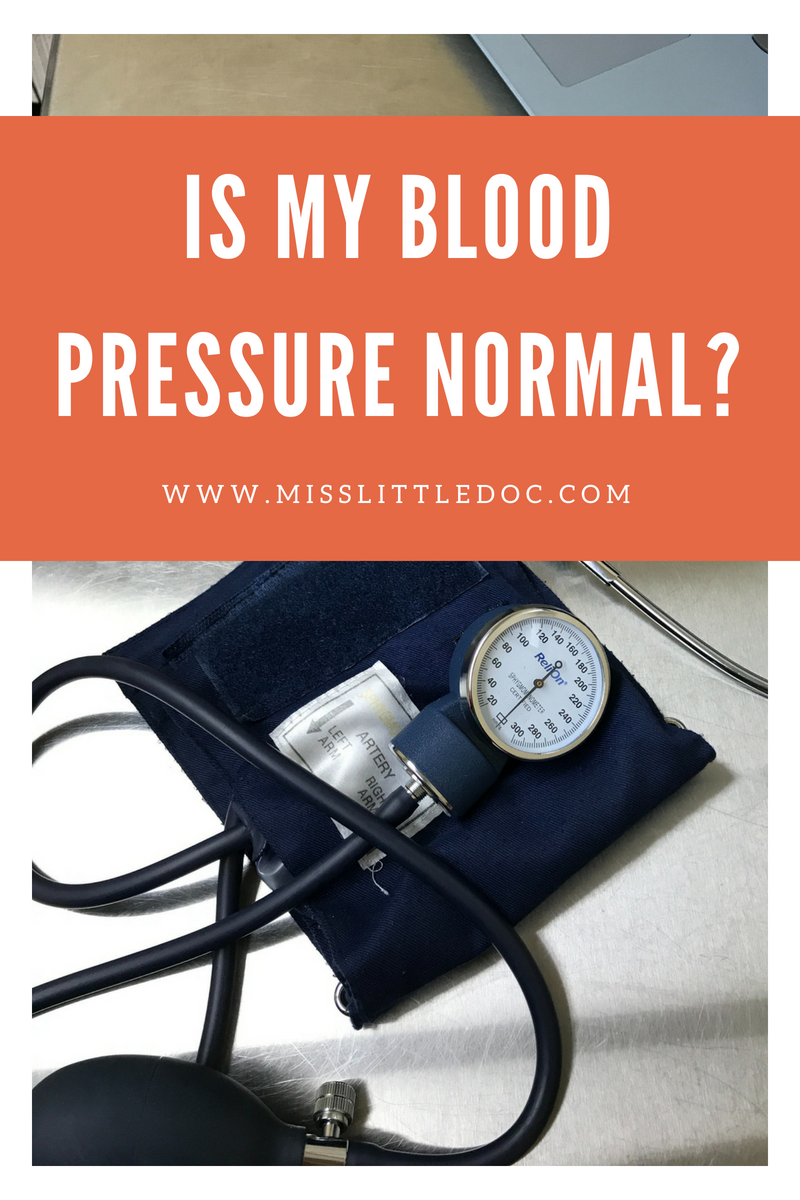Is My Blood Pressure Normal?
Have you ever gotten your blood pressure taken? People are always curious what their blood pressure is running. What is normal? What is abnormal? How do you change your blood pressure?
What is blood pressure?
There are two parts to blood pressure, systolic (the top number) and diastolic (the bottom number). When listening for blood pressure, when you start to hear a heartbeat, that will be known as the systolic number. This is the amount of pressure it takes your heart to exert pressure against your arteries. When you quit hearing a heartbeat, that is known as the diastolic number. This is the amount of pressure your heart is exerting when in between beats.
Normal pressure is measured as 120/80. Anything over 140/90 is “considered” high by the American Medical Association.
Causes of High Blood Pressure
There is no one cause of high blood pressure. Lifestyle plays an important role in what your blood pressure is going to run.
- Unhealthy diet and being overweight
- How much alcohol is consumed
- Age- as you get older, the effects of an unhealthy lifestyle can build up and your blood pressure can increase.
- Ethnic origin- people from African-Caribbean and South Asian communities are at greater risk than other people of high blood pressure.
- Family history- you are at greater risk if other members of your family have, or have had, high blood pressure.
Other reasons it could be reading high:
Smoking before getting your blood pressure taken, being nervous or having white coat syndrome, being in pain due to an injury or illness, being extremely stressed, or taking a decongestant are a couple of other reasons.
Low Blood Pressure
Blood pressure isn’t considered “low” unless it is at 90/60 or below. Some individuals just have a naturally occurring low pressure. If your pressure drops it can cause dizziness, fainting or visual disturbances. There can be a couple reasons for a low blood pressure.
Medical conditions that can cause low blood pressure include:
- Pregnancy- Because the circulatory system expands rapidly during pregnancy, blood pressure is likely to drop. This is normal, and blood pressure usually returns to your pre-pregnancy level after you’ve given birth.
- Heart problems- Some heart conditions that can lead to low blood pressure include extremely low heart rate (bradycardia), heart valve problems, heart attack and heart failure.
- Endocrine problems- Thyroid conditions such as parathyroid disease, adrenal insufficiency (Addison’s disease), low blood sugar (hypoglycemia) and, in some cases, diabetes can trigger low blood pressure.
- Brain tumors
- Blood loss
- Severe infection (septicemia)
- Dehydration
- Severe allergic reaction (anaphylaxis)- Common triggers of this severe and potentially life-threatening reaction include foods, certain medications, insect venoms and latex. Anaphylaxis can cause breathing problems, hives, itching, a swollen throat and a dangerous drop in blood pressure.
- Lack of nutrients in your diet- A lack of the vitamins B-12 and folate can keep your body from producing enough red blood cells (anemia), causing low blood pressure.
Types of Low Blood Pressure
Orthostatic Hypotension- sudden drop in blood pressure when getting up from a sitting or lying position. This is usually accompanied by dizziness, blacking out when standing, or blurred vision.This can be caused by a medication, pregnancy, dehydration, diabetes, or prolonged rest.
Postprandial Hypotension- sudden drop in blood pressure after eating.
Neurally Medicated Hypotension- This is due to faulty brain signals which causes a drop in pressure due to standing for long periods of time.
Multiple system atrophy with orthostatic hypotension- Low blood pressure due to nervous system damage.
How to Lower High Blood Pressure?
- Diet-Start making homemade meals. Eat less processed (boxed) food. Consume less salt (sodium). Cut caffeine: soda, coffee, tea, chocolate, energy drinks, ect. Increase fiber.
- Natural Remedies- CoQ10, B vitamins, Omega 3, garlic, magnesium,
- Quit smoking!
- Lose weight
- Avoid alcohol
- Exercise
- Chiropractic!
Chiropractic for High Blood Pressure
Chiropractic cervical and thoracic adjustments can significantly lower blood pressure!
An article by UChicago Medicine talks about an 8 week study on 50 individuals that chiropractic lowered blood pressure by adjusting their neck (cervical spine). Another study in To Your Health examines 290 adults that were adjusted in their upper back (thoracic spine), which significantly lowered blood pressure.
In our office, we take blood pressure at every visit. This allows us to see where a patients blood pressure is normal, how chiropractic is helping, and if something else could be wrong or going on that the patient isn’t telling us. This also allows us to possibly refer out if a higher than normal blood pressure is measured during a visit.
Chiropractic along with diet and exercise can reduce the need for blood pressure medication. Give us a call or a chiropractor near you!
~Dr. Lacey~
Carder Chiropractic Clinic, INC.
El Reno, OK 73036





